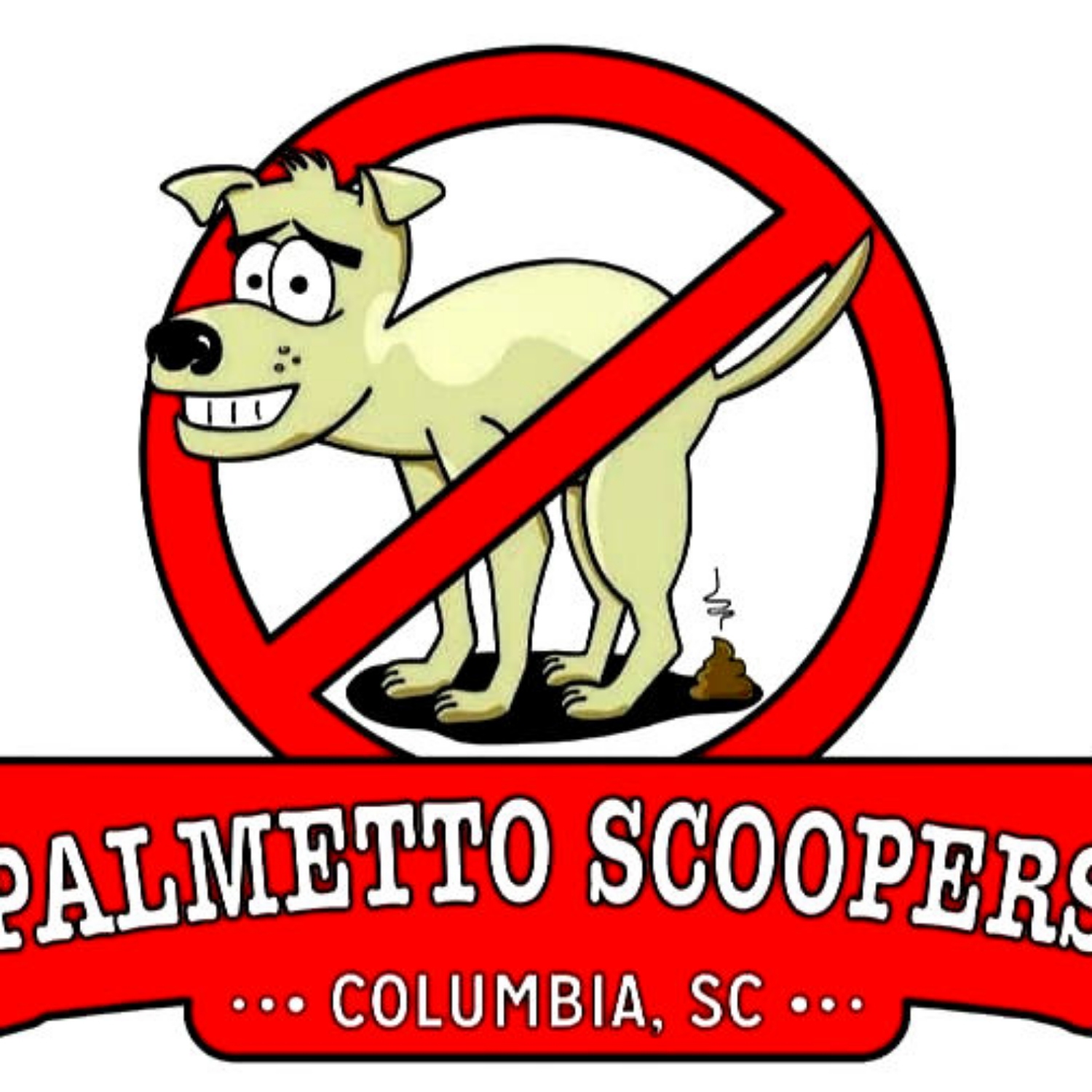Why Regular Cleanup is Crucial for a Healthy Yard
- Palmetto Scoopers

- May 19, 2025
- 4 min read
Maintaining a healthy yard is an essential part of homeownership. A well-kept outdoor space enhances the aesthetic appeal of your property and contributes to your overall well-being. Regular cleanup plays a crucial role in achieving and maintaining that healthy environment. In this blog post, we will explore the various reasons why yard cleanup is vital for a thriving outdoor space, along with actionable tips to get you started.
The Benefits of a Healthy Yard
A healthy yard offers numerous benefits, each influencing the quality of life for you and your family. First and foremost, it creates a safe environment for children and pets. Additionally, a well-kept yard helps reduce allergens, improves air quality, and even increases property value. Statistics show that homes with landscaped yards can fetch up to 20% more on the market.

Moreover, spending time in a clean, green environment can positively affect mental health. Research indicates that being in nature or a well-maintained garden can reduce stress and anxiety, providing a restorative effect on the mind.
Tips for Maintaining a Healthy Yard
Maintaining a healthy yard requires regular attention and effort. Here are some practical tips that can help you keep your outdoor space in top shape:
Regular Mowing: Keeping your grass at an appropriate height promotes growth and minimizes weeds. Aim to mow every 1-2 weeks during the growing season.
Weed Control: Weeds can compete with your plants for nutrients and water. Remove weeds as soon as you see them, either by hand or using a safe herbicide.
Mulching: Apply mulch around flower beds and trees to retain moisture and suppress weeds. Organic options like wood chips or straw not only look pleasing but also enrich the soil.
Watering Wisely: Instead of frequent shallow watering, opt for deeper watering sessions. This encourages roots to grow deeper and makes your plants more resilient to drought.

Fertilization: Use a balanced fertilizer appropriate for your soil type. Test your soil to understand its nutrient content and choose the right product accordingly.
Regular Cleanup: This includes removing fallen leaves, branches, and debris. Not only does it enhance the yard's look, but it also prevents pests and diseases from taking root.
What is the Best Way to Dispose of Pet Poop?
Properly disposing of pet waste is essential for maintaining a clean and healthy yard. Leaving pet feces can lead to unpleasant odors, attract pests, and contribute to soil contamination. Here are some effective methods for disposal:
Pick it Up: The easiest way to dispose of pet waste is to use a plastic bag to pick it up and throw it away in your regular trash.
Flush it: If your pet’s waste is biodegradable, you can flush it down the toilet. This method is considered environmentally friendly as it does not contaminate the yard.
Composting: Some pet owners use composting systems specifically designed for pet waste. Ensure to follow guidelines to avoid harming your garden.
Hire Professionals: If you find it challenging to keep up with pet waste, consider hiring a pet waste removal service that will help maintain a clean yard.

Health Implications of Neglecting Yard Cleanup
Neglecting yard cleanup can have dire consequences, not just for the aesthetic value of your home but also for the health of its inhabitants. Here are some health issues that can arise from an unkempt yard:
Pests and Vermin: Standing water, debris, and tall grass can attract pests like mosquitoes, rodents, and other unwanted animals. These pests can carry diseases that may affect you and your family.
Allergies: Accumulated debris can lead to mold and mildew growth, which can trigger allergies or respiratory issues in sensitive individuals.
Soil Erosion: Neglected yards may suffer from soil erosion, which can lead to reduced drainage capability and affect your landscaping.
Plant Diseases: Dying or diseased plants can spread illness to healthy ones if not removed promptly. Regular cleanup can mitigate this risk, allowing plants to thrive.
Best Practices for Seasonal Yard Cleanup
Seasonal yard cleanup can be a more manageable and efficient way to keep your outdoor space in pristine condition. Here’s a breakdown of what to focus on during each season:
Spring: Prepare for growth by cleaning up fallen branches, raking leaves, and pruning dead or overgrown shrubs. Early spring is also the time to start fertilizing your lawn.
Summer: Keep an eye on weeds and water your plants more frequently. Taking care of pest control measures during this season is also crucial.
Fall: This is the time to rake leaves and prepare your garden for winter. Consider mulching the leaves for added benefits.
Winter: Depending on your location, winter may require you to prune trees and shrubs and clear any debris that could impede growth in spring.
By following these seasonal practices, you can ensure a healthy yard year-round.

Final Thoughts on Yard Maintenance
A healthy yard doesn’t just grow on its own; it requires regular cleanup and maintenance. By understanding the reasons for yard upkeep and implementing practical strategies, you can create an inviting outdoor space for your family, pets, and guests. Remember that a well-cared-for yard is not merely a visual treat; it's an investment in your home’s value and your family's health.
So grab your gardening tools, and let’s get started on making your yard a clean, vibrant, and healthy environment!
.png)



Comments